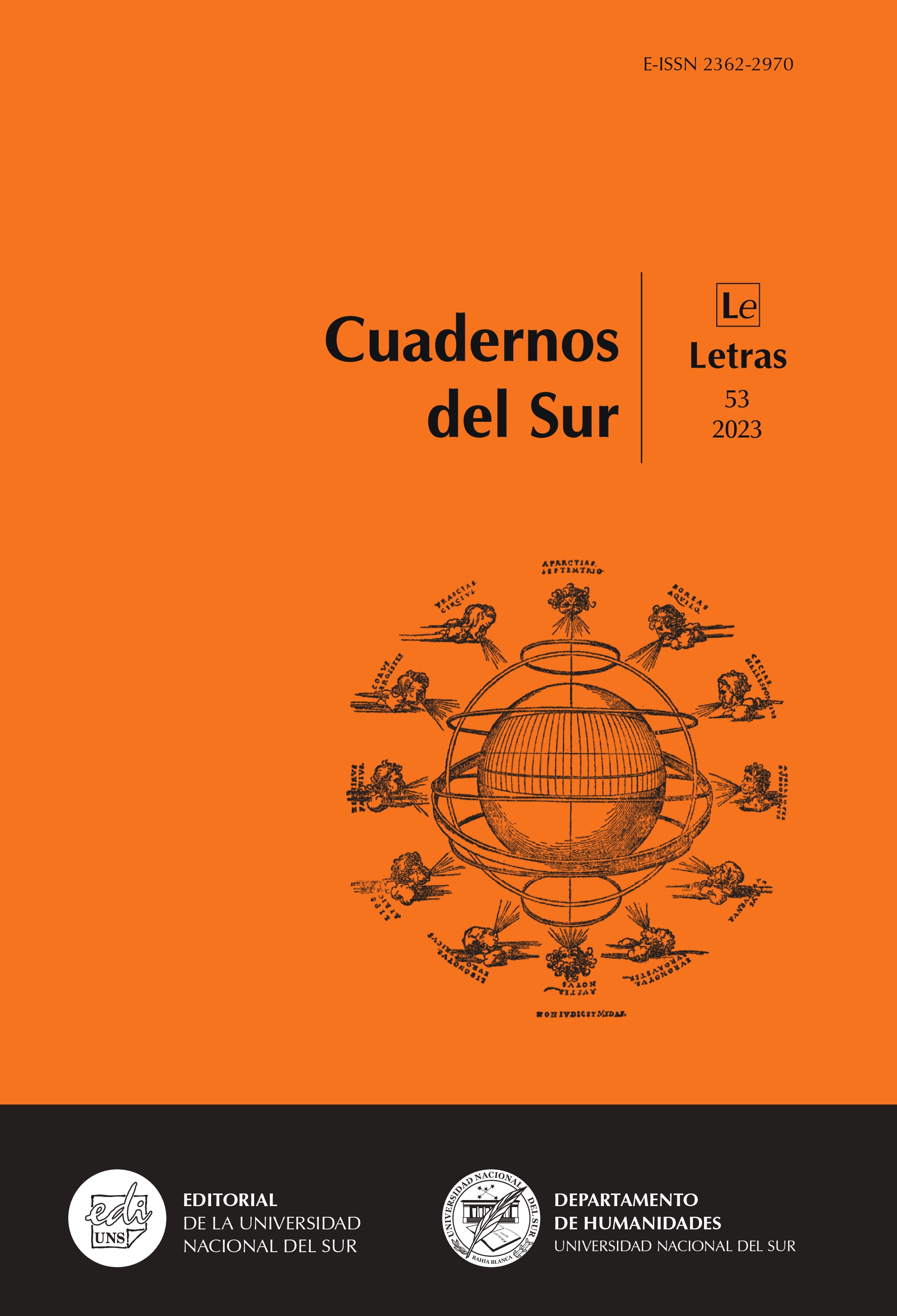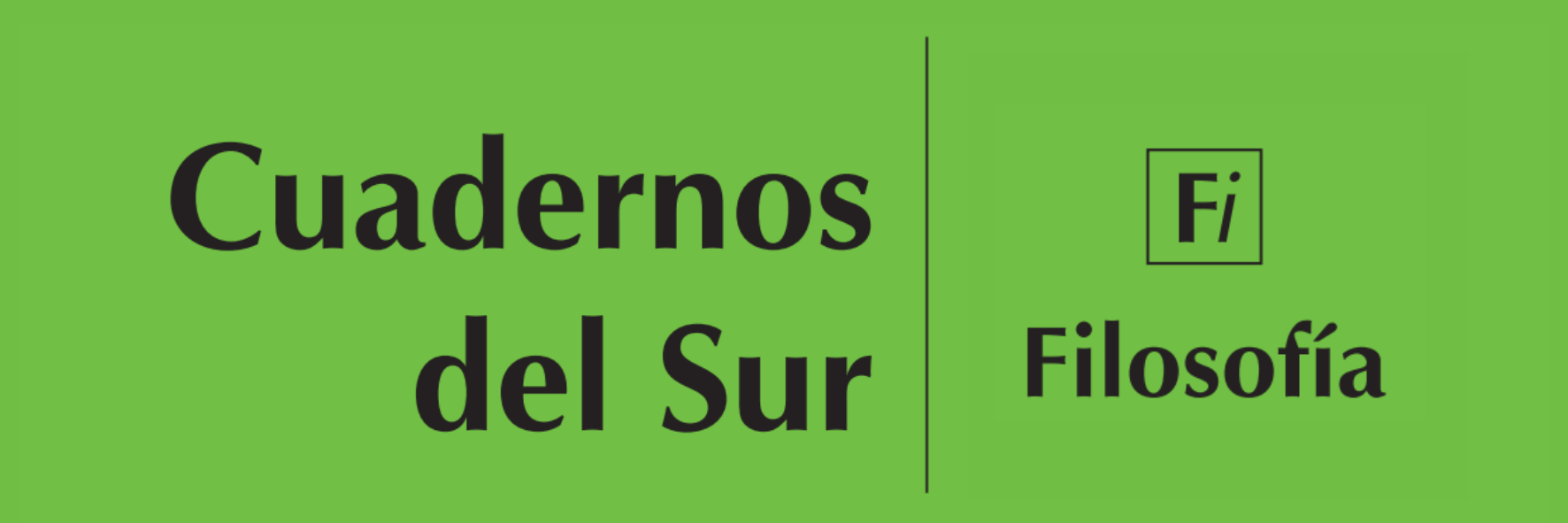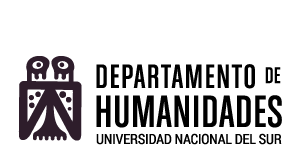El adulterio en las obras Rojo y negro de Stendhal y Ana Karenina de Tolstoi a través del concepto de injusticia epistémica
DOI:
https://doi.org/10.52292/csl5320234501Palabras clave:
injusticia epistémica, injusticia hermenéutica, adulterioResumen
El presente artículo pretende revisar las obras clásicas Rojo y negro de Stendhal y Ana Karenina de Tolstoi a través del concepto de injusticia epistémica, trabajado por la filósofa Miranda Fricker, incluyendo a su vez algunas nociones desarrolladas por Simone de Beauvoir. La finalidad de este trabajo es observar la figura femenina para entender el adulterio como un acto de afirmación y de conocimiento del ser mujer.
Descargas
Citas
Stendhal (2012), Rojo y negro, Buenos Aires, Austral.
Tolstoi, León (1956), Ana Karenina, Madrid, Aguilar.
Amorós, Cecilia y De Miguel, Ana (2019), Teoría Feminista I. De la Ilustración al segundo sexo, Madrid, Biblioteca Nueva.
Auerbach, Eric (1996), Mimesis, México, Fondo de Cultura Económica.
Balzac, Honore (1841), Fisiología del matrimonio, Tomo 1, Barcelona, Imprenta Ignacio Olivares.
De Beauvoir, Simone (2015), El segundo Sexo, Buenos Aires, DeBolsillo.
Fricker, Miranda (2007), Injusticia epistémica, Madrid, Herder.
Hauser, Arnold (2014), Historia Social de la literatura y el arte, Madrid, Editor digital Yorik.
Puleo, Alicia (1993), La ilustración olvidada, Madrid, Editorial Anthropos.
Spinoza, Baruj (2000), Ética demostrada según el orden geométrico, Madrid, Trotta.
Cómo citar
Número
Sección
Licencia
Derechos de autor 2023 Mara Ferreyra

Esta obra está bajo una licencia internacional Creative Commons Atribución-NoComercial-CompartirIgual 4.0.
Aquellos autores/as que tengan publicaciones con esta revista, aceptan los términos siguientes:
- Los autores/as conservarán sus derechos de autor y garantizarán a la revista el derecho de primera publicación de su obra, el cuál estará simultáneamente sujeto a la licencia Atribución-No Comercial-CompartirIgual 4.0 Internacional CC BY-NC-SA 4.0.
- Los autores/as podrán adoptar otros acuerdos de licencia no exclusiva de distribución de la versión de la obra publicada (p. ej.: depositarla en un archivo telemático institucional o publicarla en un volumen monográfico) siempre que se indique la publicación inicial en esta revista.
- Se permite y recomienda a los autores/as difundir su obra a través de Internet (p. ej.: en archivos telemáticos institucionales o en su página web) una vez publicado su trabajo, lo cual puede producir intercambios interesantes y aumentar las citas de la obra publicada. (Véase El efecto del acceso abierto).










